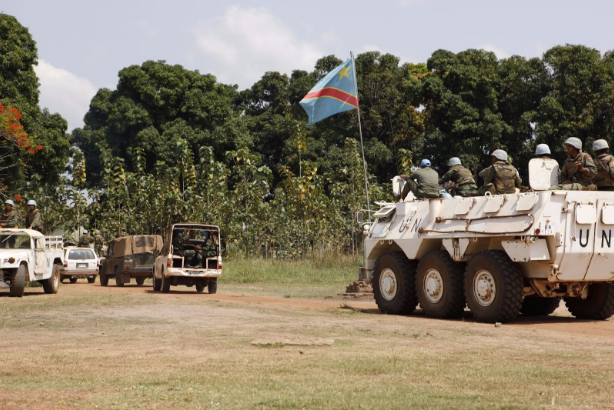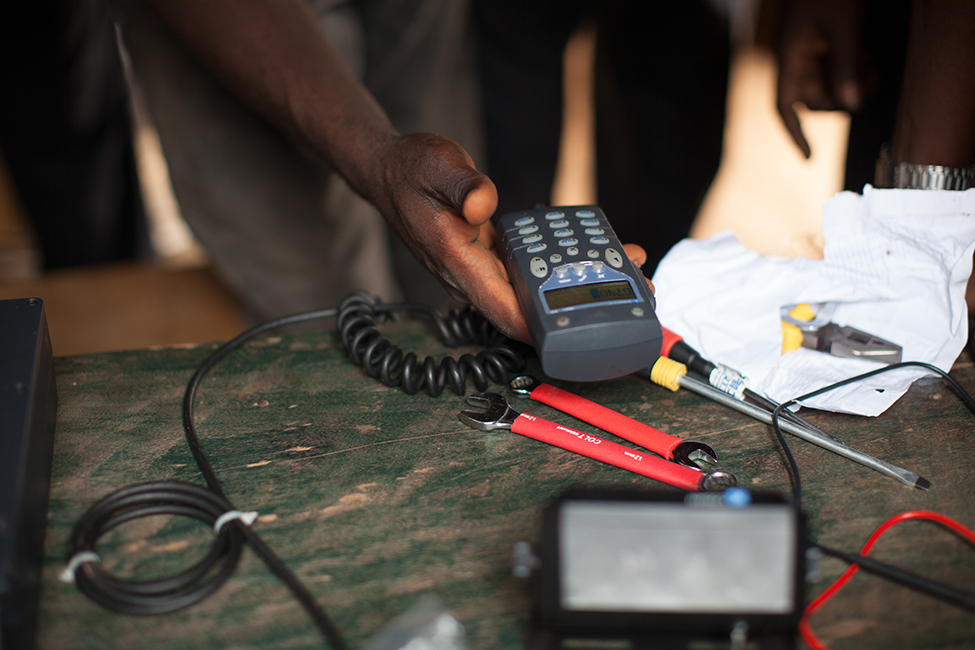The Democratic Republic of Congo (DRC) is scheduled to hold elections at the end of the year to elect a new president. However, over the past several months, the Congolese government has pointed toward many challenges to holding timely elections. While the international community has emphasized the importance of a fair and democratic election process in the country, questions have been raised over whether or not these elections will actually happen.
DR Congo is in the midst of a complicated, yet possible turning point. Here are the basics of what you need to know:
Who is in power now?
The current president, Joseph Kabila, has been in power since the assassination of his father, former Congolese president Laurent-Désiré Kabila, in 2001. According to DR Congo’s current constitution, which has been in place since 2006, a president can only serve two consecutive five-year terms, meaning Kabila is not legally eligible for reelection this year.
However, Kabila’s government has stated that logistical and budgetary constraints make it unrealistic to hold elections on time, indicating an openness to violate constitutional term limits. If elections in DRC do not happen before the end of the year, this will align with an alarming trend among many African governments that defy their constitutions in order to maintain power.
Who is running?
One of the presidential contenders, Moïse Katumbi is viewed by many as the most credible contender in the presidential race. As the former Katanga Province governor, Katumbi has acquired a large following for addressing the needs of the Congolese people in both his policy making and philanthropy and has been backed by the Group of Seven (G7), a group consisting of the world’s seven major advanced economies. However, just last month, Katumbi was sentenced to three years in jail for allegedly selling property illegally, and has since left the country. Many view Katumbi’s conviction as a manipulation of the justice system and part of an attempt by President Kabila to remain in power.
Katumbi’s opponent is former prime minister and runner-up of the 2011 presidential election, Étienne Tshisekedi. Tshisekedi spearheaded the Rassemblement movement, uniting the opposition parties to ensure Kabila’s departure from power at the end of 2016 and to resist changes to the current constitution.
What does the international community have to say?
While the prospect of elections at the end of the year remains unknown, the international community continues to pressure the Congolese government to uphold constitutional law and democratic principles. The United Nations mission chief for DRC, Maman Sidikou, recently stated that the nation is unlikely to hold elections as scheduled, something that leaves the country extremely susceptible to violent political unrest. The United States has repeatedly called upon Kabila to step down and imposed sanctions on high-ranking Congolese officials in response to DRC’s human rights violations.

UN peacekeepers patrolling remote areas of DR Congo.
What does the outcome of the election mean for citizens of DRC?
With Kabila’s second term coming to an end, presidential elections could change DRC’s political landscape for better or for worse. If Kabila adheres to the presidential term limits set by Congo’s constitution and elections are allowed to play out in December, DR Congo will undergo its first democratic transfer of power — a huge milestone and a significant step forward for stability and human rights in Congo. However, if Kabila remains in office, the people of Congo will continue to be obstructed from their right to democratically elected leadership, which they are afforded by their own constitution. In such a scenario, instability and insecurity in the country is likely to increase.

As this political drama plays out in Kinshasa, DR Congo’s capital in the west, the voices of vulnerable communities across the country facing daily threats of violence and instability, continue to go unheard. This is notably apparent in the country’s northeast where Lord’s Resistance Army (LRA) rebels continue to prey on civilians, while the central government neglects — and sometimes actively denies — its existence.
Our programs, like the Early Warning Radio Network and LRA Crisis Tracker, are changing the game and amplifying these voices. By connecting severely isolated Congolese communities to each other and the outside world, we ensure that the violence and exploitation they face is documented, exposed, and can’t be denied. In doing so, these historically neglected communities now have the opportunity to be a part of the national and international conversation.
Think people should hear about this?